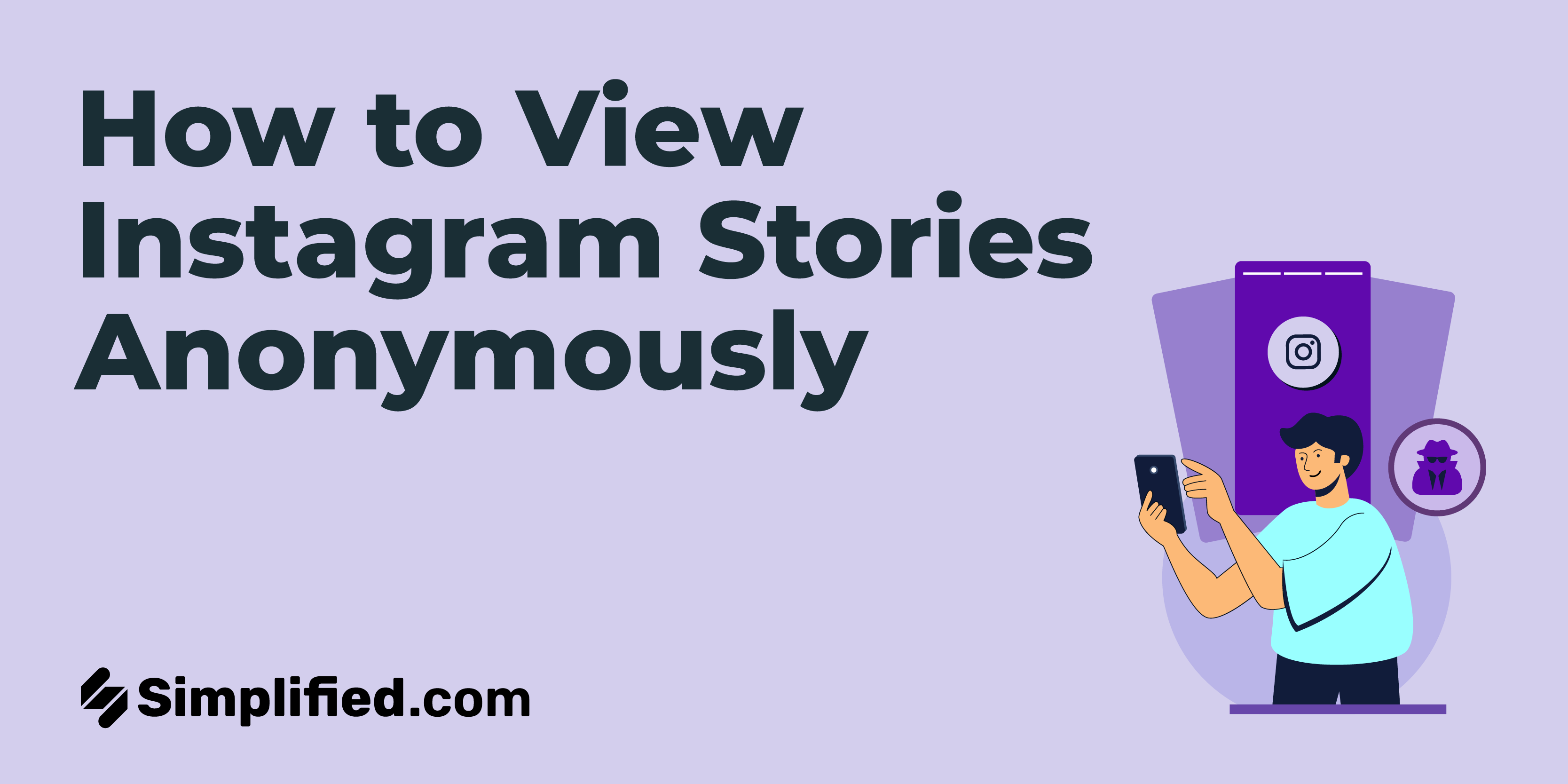What do you mean by Lead Generation?
Lead generation is the process of capturing the interest of potential customers to boost future sales. It plays a vital role in the sales strategy of any company.
A "lead" refers to an individual who shows interest in a company's products or services but is not yet qualified to make a purchase. These individuals represent potential customers who may eventually invest in the organization's offerings.
A well-executed lead generation strategy ensures that a business can consistently generate profit and revenue from new customers.
The evolving landscape of lead generationLead generation has always been a part of the sales process. However, with the advent of digital transformation and changing consumer behaviors, the techniques used by companies to generate and nurture leads have evolved.
In the past, lead generation primarily relied on "outbound" methods, where sales representatives reached out to educate potential buyers about products and services. Today, consumers have more control over their buyer journey. Through social media, blogs, and other content, customers gain awareness about products before interacting with salespeople.
The importance of lead generation for businessesLead generation provides businesses with a foundation for building valuable relationships with their target audience. When strangers engage with your company by reading blogs or interacting on social media, the transition from stranger to customer becomes smoother.
Lead generation occurs in the second stage of the inbound marketing buyer journey, after attracting an audience, and aims to convert visitors into sales. The steps involved in the lead generation process include:
- Attracting visitors through marketing channels like email or social media.
- Convincing visitors to click on a call-to-action button or message.
- Directing visitors to a landing page designed to capture lead information.
- Offering something of value, such as a course, eBook, or gated content, in exchange for their personal information.
Common lead generation strategies
Companies employ various lead generation techniques to gain attention for their products and services. Some common strategies include:
- Gated content creation: Encouraging customers to provide their contact details in exchange for exclusive content.
- Social media marketing: Targeting a specific audience through social media platforms and engaging in conversations that encourage conversion.
- Inbound marketing: Creating informative content, such as videos, blogs, and articles, to educate customers and guide them toward a landing page. Call-to-action (CTA) content then converts leads by prompting them to take valuable actions.
- Ads and retargeting: Placing ads on relevant websites to raise awareness and increase the chances of gaining leads.
Alignment of sales and marketing in lead generationFor a lead generation strategy to be successful, marketing and sales teams must collaborate throughout the process. Techniques like social selling, networking, and outbound emailing can support the lead generation process and assist with lead qualification.
Lead qualification involves assessing whether leads are ready to be passed on to the sales team based on factors such as their alignment with the company's user persona. Customer Relationship Management (CRM) software is often utilized to track and evaluate leads before they are handed over to sales.
.webp)













